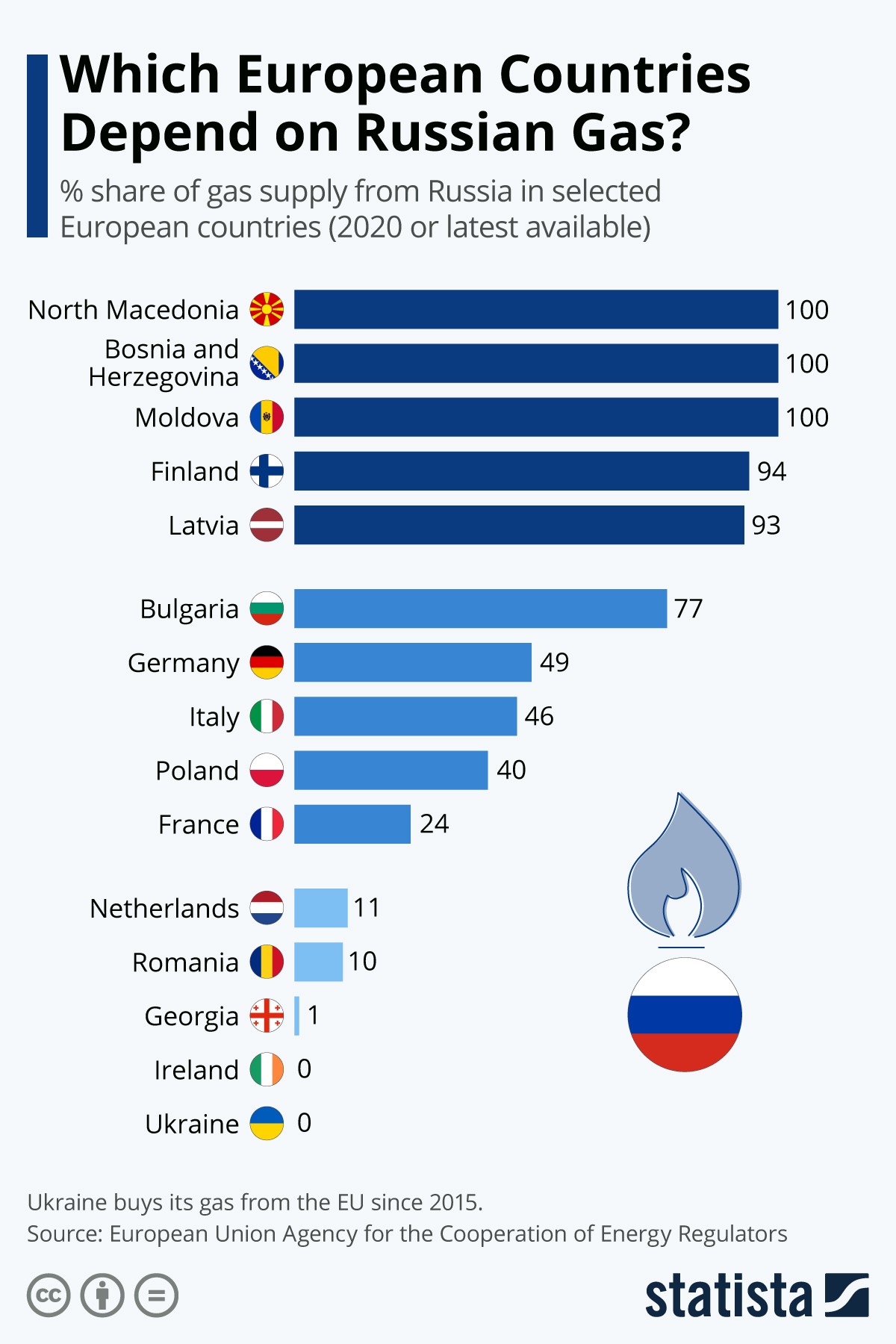Prioritizing Economic Issues: A Mandate For Canada's Next Leader

Table of Contents
Addressing Inflation and the Cost of Living Crisis
Inflation is eroding the purchasing power of Canadian families, impacting everything from groceries to gasoline. The cost of living crisis is particularly acute for vulnerable populations, including seniors, low-income families, and individuals facing unemployment. This necessitates a multifaceted approach:
-
Targeted Financial Aid: Direct financial support, such as increased social assistance benefits and tax credits, is crucial to cushion the blow for those most affected by rising prices. This could involve expanding existing programs or creating new initiatives specifically tailored to alleviate the strain of inflation.
-
Monetary Policy Adjustments: The Bank of Canada's monetary policy plays a significant role in managing inflation. While interest rate hikes aim to curb inflation, they also carry the risk of slowing economic growth and potentially increasing unemployment. A careful balance is crucial.
-
Boosting Domestic Production: Reducing reliance on imports and increasing domestic production can help alleviate inflationary pressures on certain goods. This requires strategic investments in Canadian industries and fostering greater self-sufficiency.
-
Regulations to Control Price Gouging: Stricter regulations are needed to prevent businesses from exploiting the inflationary environment through excessive price increases. Increased oversight and penalties for price gouging are essential.
Boosting Job Creation and Economic Growth
Canada's economic growth is inextricably linked to job creation. While some sectors are thriving, others are struggling. Stimulating job creation requires a strategic, multi-pronged approach:
-
Infrastructure Investment: Significant investments in green infrastructure projects, such as renewable energy initiatives and public transportation, will create jobs and contribute to long-term economic sustainability. Investing in modernizing transportation networks will also enhance trade and logistics.
-
Supporting SMEs: Small and medium-sized enterprises (SMEs) are the backbone of the Canadian economy. Targeted government support, including tax incentives, grants, and access to financing, can help these businesses grow and create jobs.
-
Skills Development and Training: Addressing labor shortages requires investing in skills development and training programs to equip Canadians with the skills needed for in-demand jobs. This includes focusing on emerging industries like clean technology and artificial intelligence.
-
Attracting Foreign Investment: Creating a business-friendly environment and streamlining regulations will attract foreign investment, creating new jobs and boosting economic growth.
Tackling the Housing Affordability Crisis
The housing affordability crisis is a significant obstacle to economic prosperity for many Canadians. Factors contributing to this crisis include limited housing supply, foreign investment, and speculation. Solutions include:
-
Increased Investment in Social and Affordable Housing: A substantial increase in funding for social and affordable housing initiatives is essential to provide housing options for low- and moderate-income families.
-
Regulations to Curb Speculation and Foreign Investment: Implementing measures to curb speculation and excessive foreign investment in the housing market can help stabilize prices and make homes more accessible to Canadians.
-
Incentives for Housing Construction: Government incentives, such as tax breaks and streamlined approval processes, can encourage the construction of new housing units, increasing supply and potentially easing price pressures.
-
Addressing Zoning Regulations: Reviewing and reforming outdated zoning regulations to allow for higher density housing developments in urban areas is crucial to increase housing supply.
Strengthening Canada's Trade Relationships and Diversifying the Economy
Canada's economic prosperity relies on strong trade relationships and a diversified economy. Over-reliance on specific sectors leaves the economy vulnerable to external shocks. Strategies to mitigate this risk include:
-
Negotiating New Trade Agreements: Actively pursuing and negotiating new trade agreements with diverse partners can expand market access for Canadian businesses and reduce reliance on any single trading partner.
-
Supporting Emerging Industries: Investing in and supporting the growth of emerging industries such as clean technology and artificial intelligence will create high-paying jobs and position Canada as a global leader in innovation.
-
Investing in Research and Development: Significant investments in research and development are vital to fostering innovation and competitiveness in key sectors, ensuring long-term economic growth.
Conclusion: The Importance of Prioritizing Economic Issues in Canada's Future
The economic challenges facing Canada – inflation, job creation, housing affordability, and trade diversification – are interconnected and demand urgent attention. The solutions outlined above require a comprehensive and coordinated approach from the next Canadian leader. Prioritizing economic issues is not merely a political strategy; it's a moral imperative. Effective economic policies can significantly improve the lives of Canadians, fostering a more equitable and prosperous society. Prioritizing economic issues is crucial for Canada's future. Demand that your next leader makes it a top priority! Let's ensure economic stability and growth for all Canadians by holding our leaders accountable for prioritizing economic issues.

Featured Posts
-
 Aprovecha Clase De Boxeo En Edomex Faltan 3 Dias
Apr 30, 2025
Aprovecha Clase De Boxeo En Edomex Faltan 3 Dias
Apr 30, 2025 -
 Flaminia Sale In Classifica Dal Quinto Al Secondo Posto
Apr 30, 2025
Flaminia Sale In Classifica Dal Quinto Al Secondo Posto
Apr 30, 2025 -
 Targets Shift On Dei From Vocal Support To Changed Approach
Apr 30, 2025
Targets Shift On Dei From Vocal Support To Changed Approach
Apr 30, 2025 -
 Alteaml Me Arqam Jwanka Hlwl Mqtrht Lnady Alnsr
Apr 30, 2025
Alteaml Me Arqam Jwanka Hlwl Mqtrht Lnady Alnsr
Apr 30, 2025 -
 Klingbeil Rebuff No Return To Russian Gas Imports For Germany
Apr 30, 2025
Klingbeil Rebuff No Return To Russian Gas Imports For Germany
Apr 30, 2025
